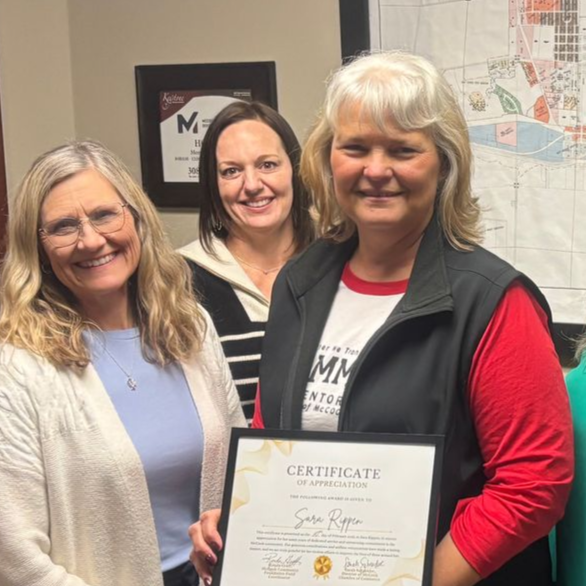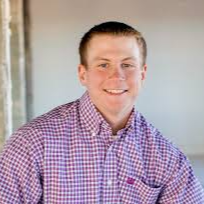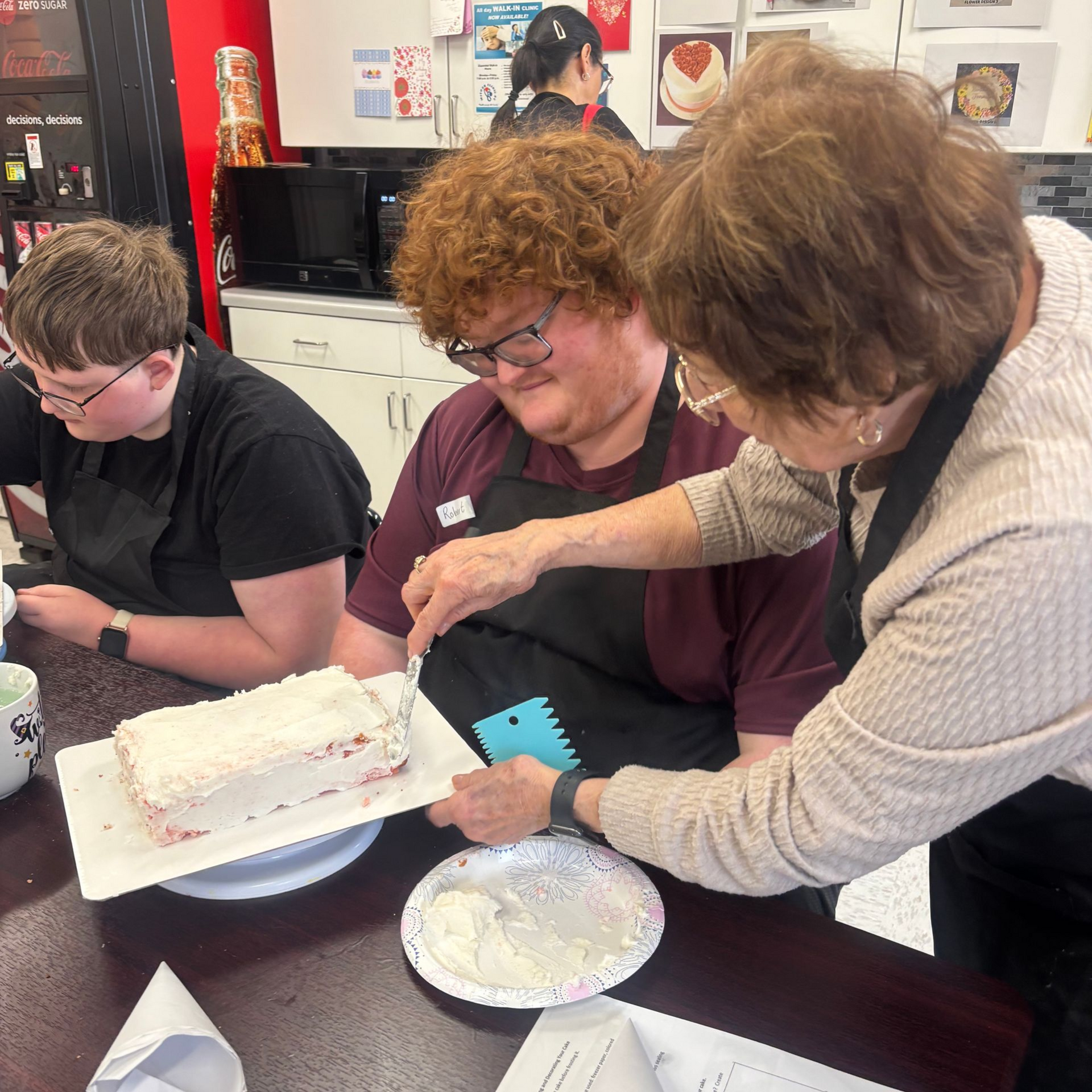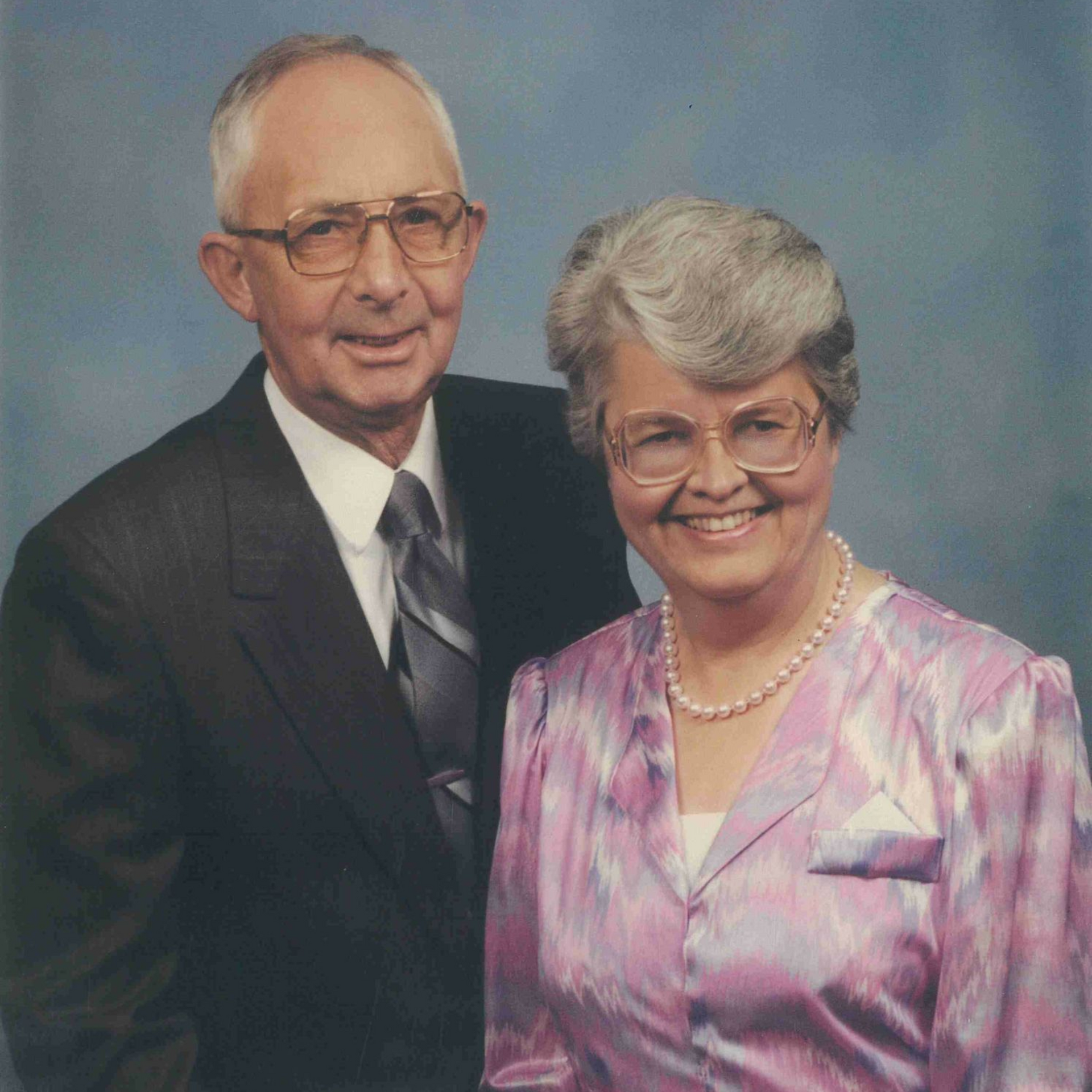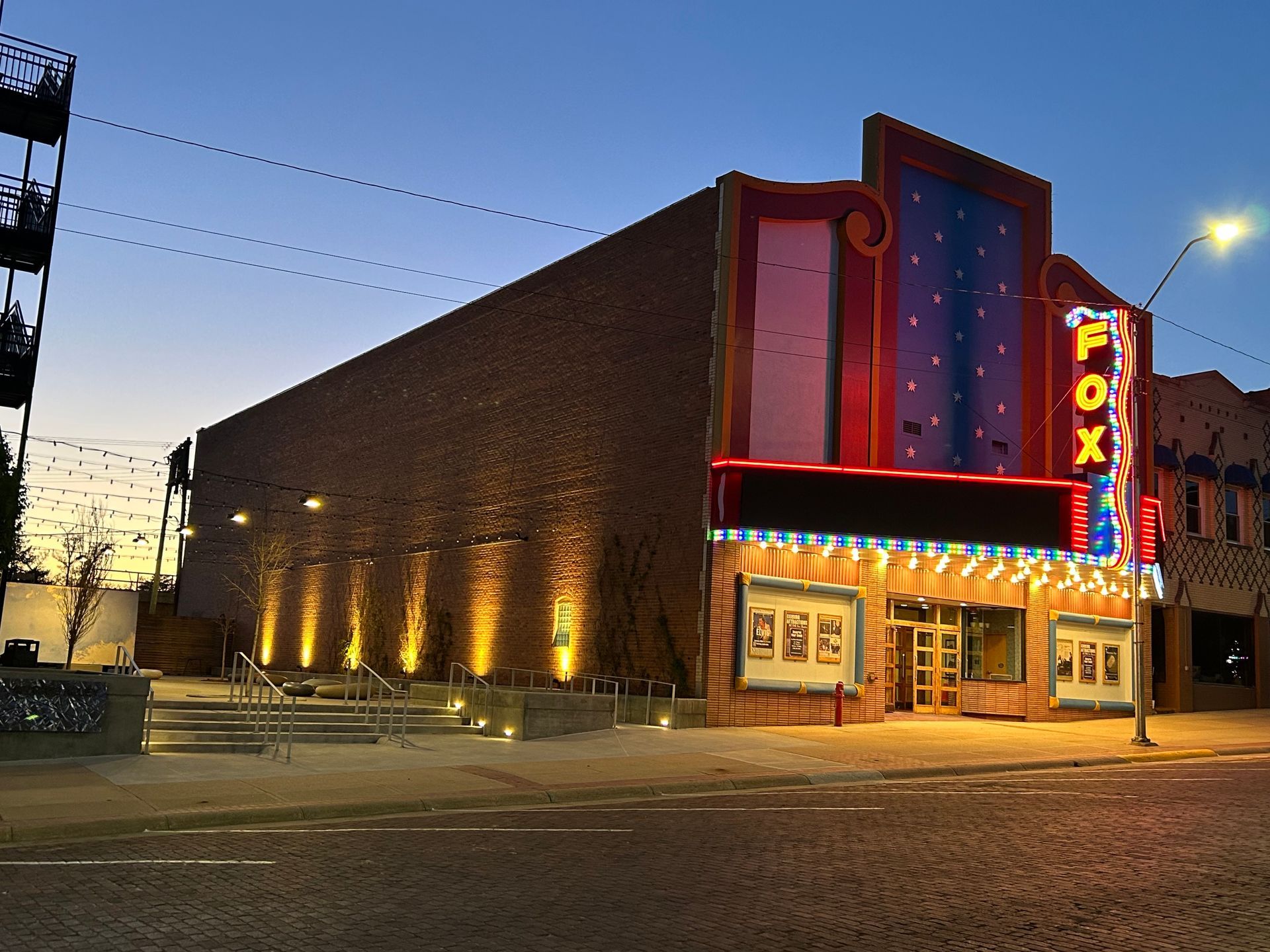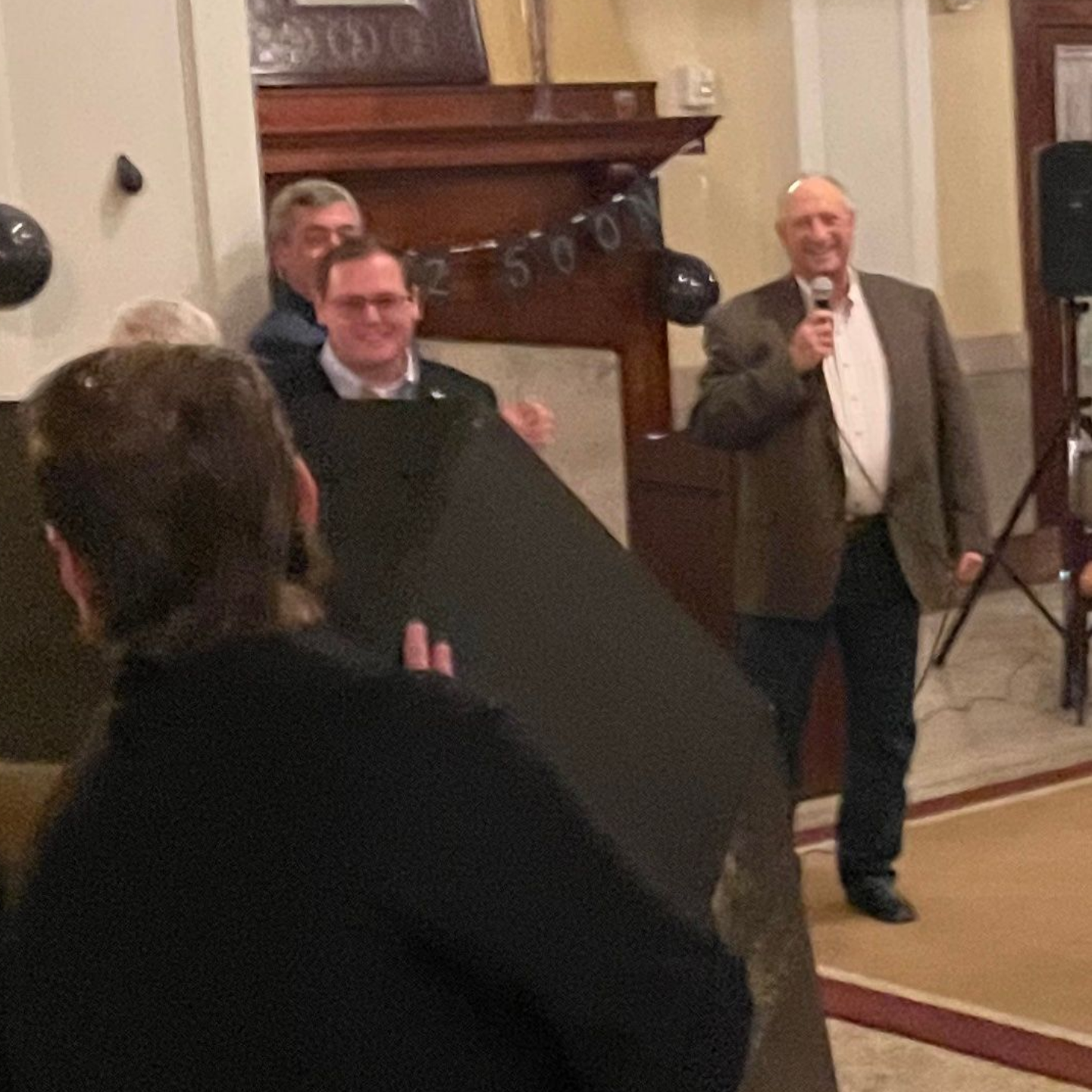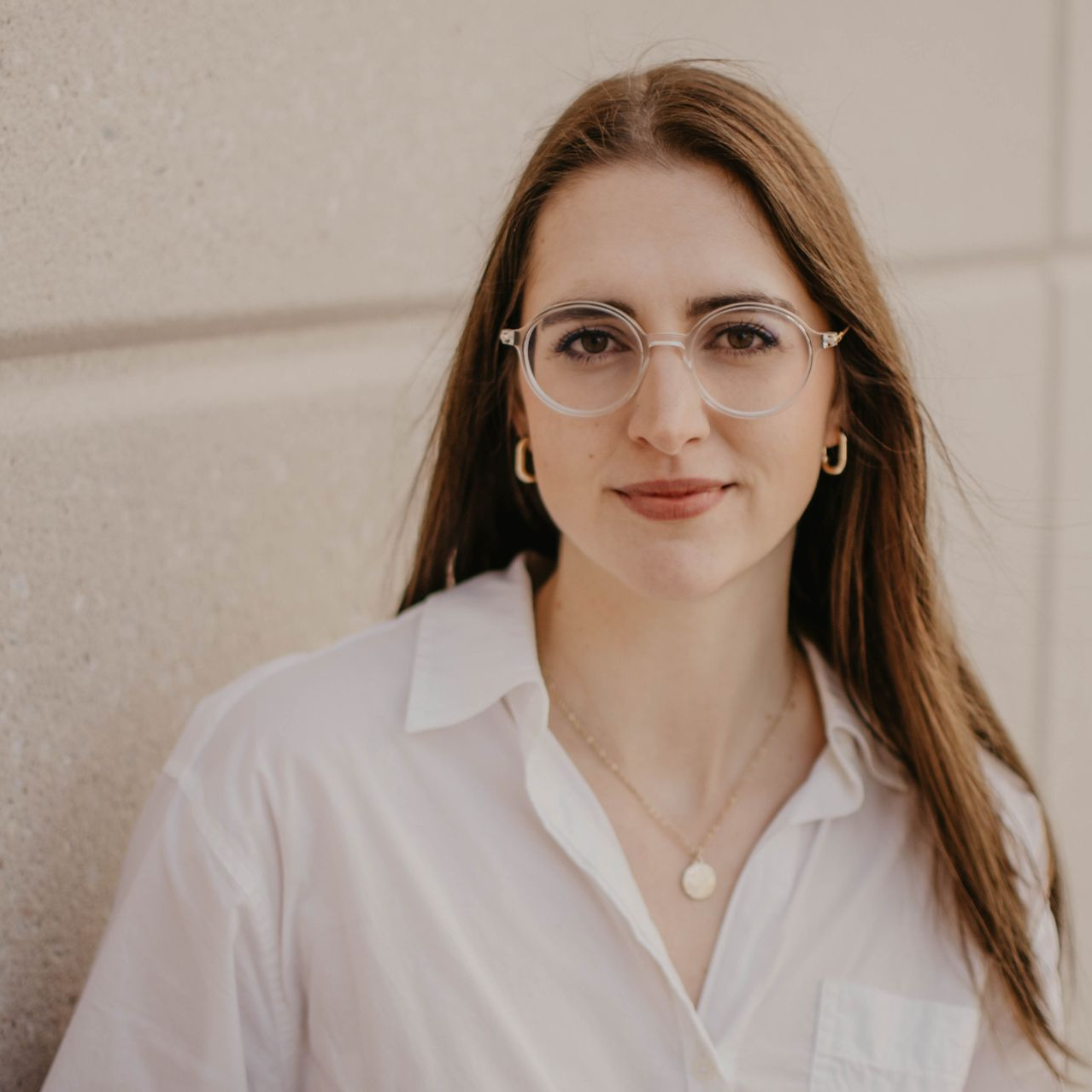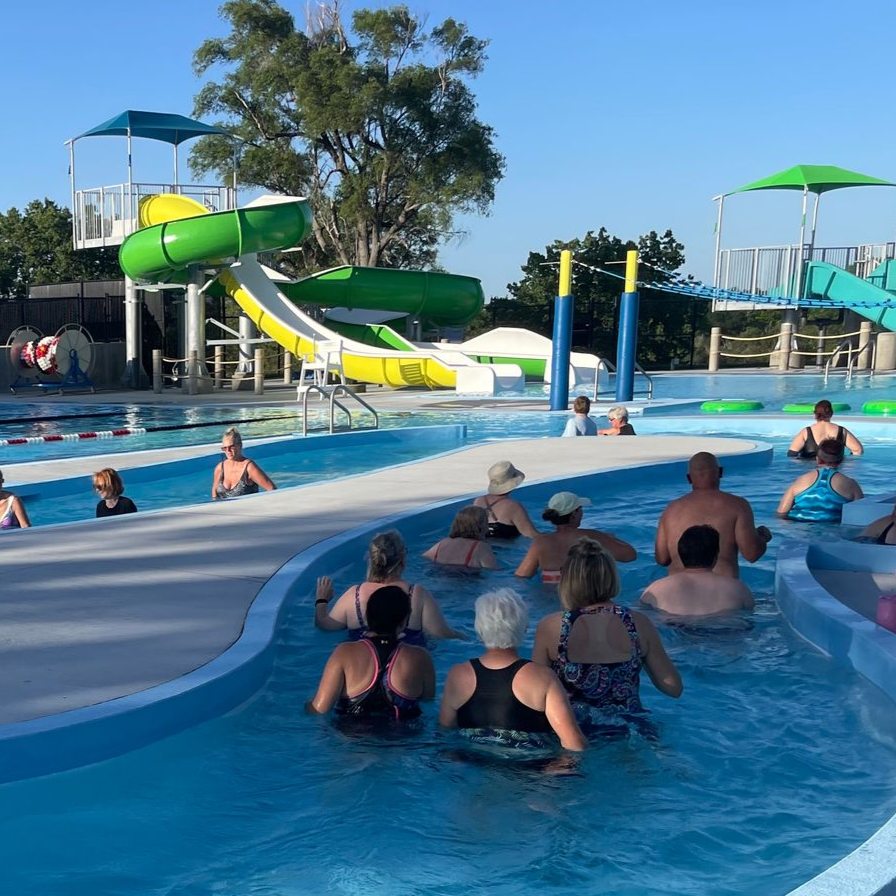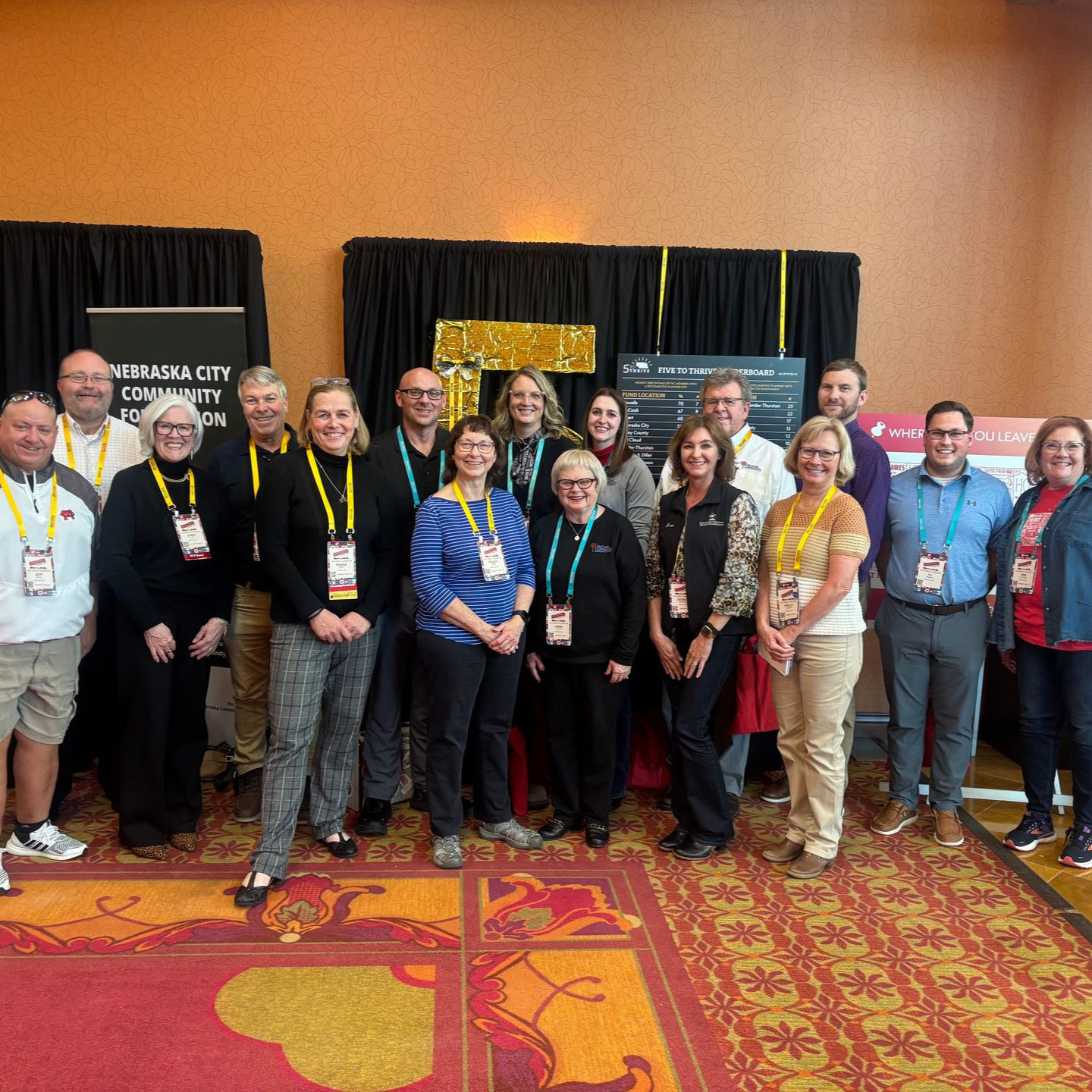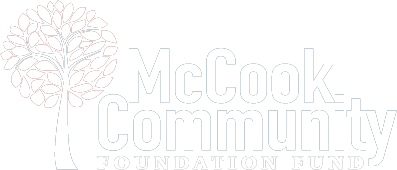“Travel is fatal to prejudice, bigotry, and narrow-mindedness, and many of our people need it sorely on these accounts. Broad, wholesome, charitable views of men and things cannot be acquired by vegetating in one little corner of the earth all one's lifetime.”
― Mark Twain (Samuel Clements), The Innocents Abroad (1869)/ Roughing It (1914)
Although this quote is more than a century old, these words are even more relevant today. While everyone should be encouraged to travel, people should also be encouraged to expand how they think about their place - where you live, work, and raise a family. I am talking about your hometown.
Aside from a physical location, I think Twain’s quote addresses how a community lives together, builds personal relationships, and works together to keep a hometown vibrant.
Twain writing in the late 1860s could not have imagined all the advancements in health care, transportation and technology we take for granted today. He was likely influenced by the deadly and divisive Civil War and the mass European immigrants settling in the Midwest and Great Plains. These were people with big dreams, high expectations and determination to make a better place for themselves. Yes, some of those people were my ancestors.
More than 130 years ago, my great-grandfather took out a homestead claim just north of McCook. For four generations, my family has farmed and ranched in this area and McCook has served us well. To continue to do that, McCook must remain an economically active, culturally vibrant, and attractive place where people want to live.
McCook has the good fortune to be the geographic hub of cultural and economic activity for our region. Along with that comes much responsibility, for the area’s success falls more proportionately on our shoulders. McCook has carried this responsibility well when you think of all the innovative “Dream and Do” projects that McCook has accomplished over the years.
Forty years ago, we opened the current YMCA facility and established Heritage Hills Golf Course. In the last 20 years, partnerships involving public, private, and charitable people and institutions came together to create the Keystone Business Center, Kiplinger Fairground buildings, Anderson Cancer Center at Community Hospital, and McCook Community College’s Graff Events Center.
These projects, along with many others, were “Dream and Do” projects requiring the dedication of McCook leaders visioning, planning, and working together to take a calculated risk.
Initially fueled by the railroad and farming, McCook businesses and services grew to serve the needs of a fast-growing community. Early inhabitants had a vision and a commitment to build schools, a hospital, places of worship, theaters, a college, a YMCA, and many other community assets.
With minimal ties to the area and limited resources with them, they relied on their vision of the future and tried to anticipate the needs of 50, 75, 100 years later. Gazing down the bricks of Norris Avenue, their vision continues to serve us well 130 years later.
I continue to see a very bright future for McCook if we work to meet future demands. Internet technology, robotics, and artificial intelligence advances are changing how people live and why people choose to reside in a community. Career choices, recreation and lifestyle options will be increasingly important.
While the projects of the past century have served us well, community infrastructure must meet our needs of the next 50 to 100 years.
There is no denying our community is on a journey…friends and family traveling through time together, sharing space on the high plains with McCook as our provider of essential services.
McCook’s economic development director Andy Long has proclaimed that “This is McCook’s Decade!” to capture our community’s potential. As we share this enthusiasm, there are other McCook leaders discovering that our future is not what we settle for but rather what we make it.
Can we take McCook on an incredible journey this decade? Can you imagine 20 to 50 years from now? It will require us to travel mentally, physically, and virtually - over some rugged terrain at times - to understand what we presently do not know. The path may not always be easy, as my ancestors and I have discovered, but where it leads will be worth pursuing.
Dale Dueland is a member of the McCook Community Foundation Fund and board chairman of the Nebraska Community Foundation, as well as a life-long resident of McCook where he shares his passion, knowledge and vision.
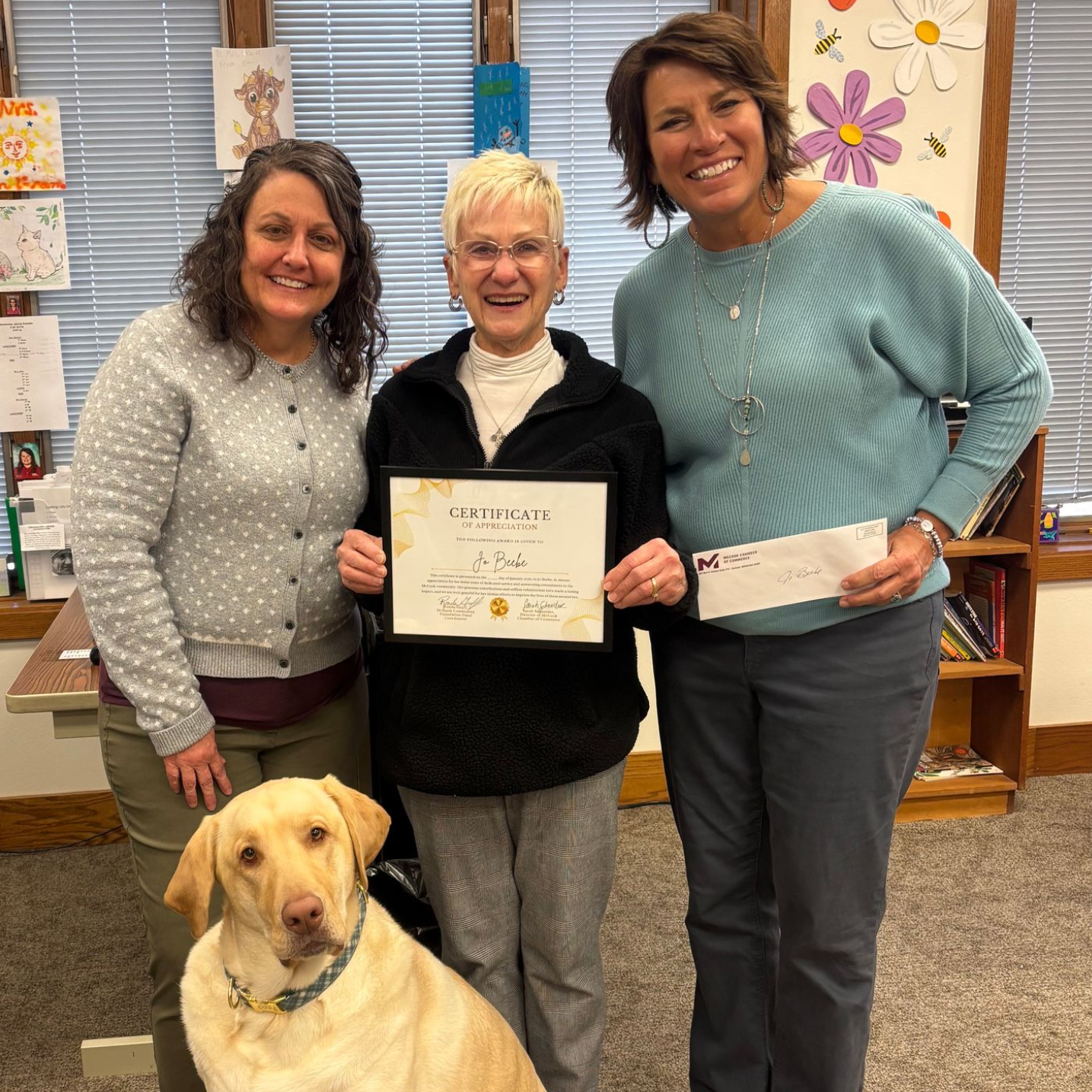
To kick off the new year, Jo Beebe has been selected as the January 2026 McCook Volunteer of the month. While many people might know Jo for her years at the Sports Shoppe, she can be found giving hours of her time to the community, especially at St. Patrick Church. Whether during the weekly Mass or for a funeral or wedding, Jo shares her beautiful voice from the choir loft, as well as leading the choir members. Jo, along with her husband Harold, also has served as the St. Pat’s GALA host couple in the past and continues to help with set-up and cleanup of the annual event. Jo is also active with the Fall Festival, the Rosary Rally and the Wild Game Feed in Curtis every year. She attends every the Order of Christian Initiation of Adults class and helps students prepare for confirmation. And since retiring from the Sports Shoppe, she is active in the Altar Society, and volunteers at the Bargain Bazaar thrift store. According to her nomination, “The way Jo gives of her time and talents to our parish and community is a reflection of her faith,” and the community and the church are better because of her generosity. The McCook Philanthropy Council selects the monthly recipient for the McCook Volunteer of the Month award as part of the McCook Community Foundation Fund’s McCook Volunteer program. If there is a volunteer in the community who should be recognized, please contact the McCook Chamber of Commerce at 308.340.3200 or visit McCook Volunteers on the MCFF website, mccookfoundation.org to complete a nomination form. The only requirement is that the nominee must be a resident of McCook or Red Willow County. Please have information about the nominee along with where and how they volunteer in the community.

